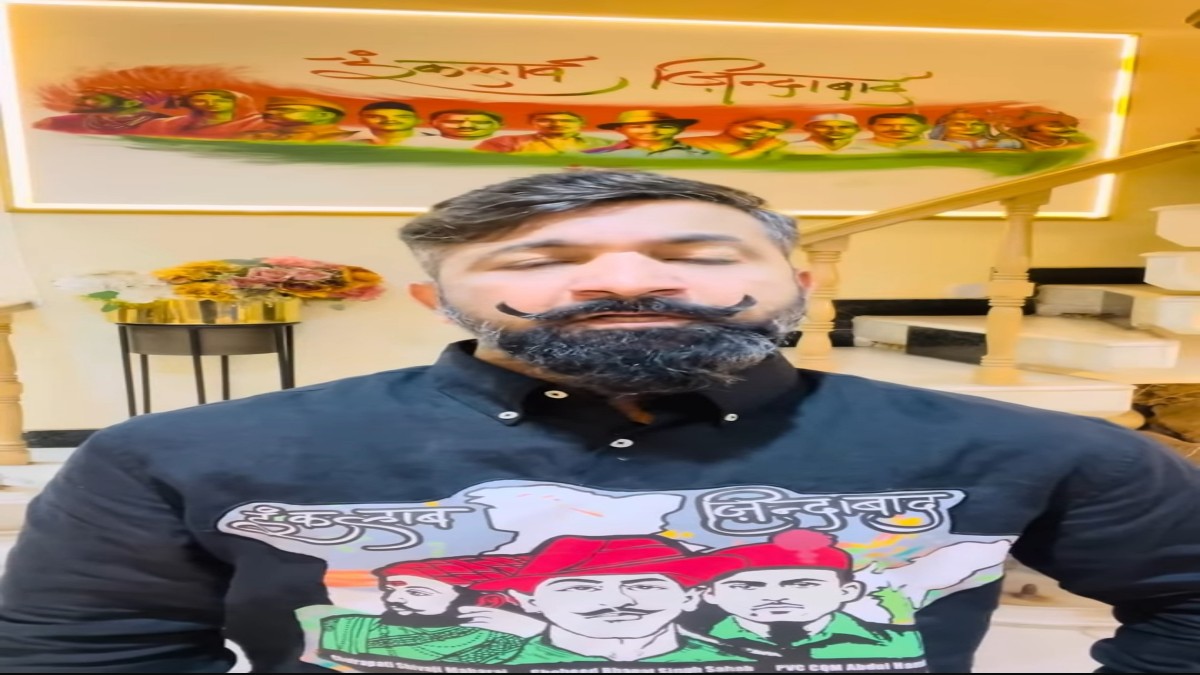Grandmaster Shi fuji
Grandmaster Shi fuji, in response to Dhruv Rathee’s video questioning whether India is becoming a dictatorship, Grandmaster Shi fuji, a prominent YouTube personality, has created a video to address these claims. The debate around this topic has sparked intense discussions, reflecting the polarized political landscape in India. Here’s an in-depth analysis of the arguments and counterarguments presented by both sides.
Dhruv Rathee’s Claims
Dhruv Rathee, in his video, argues that India under Prime Minister Narendra Modi is showing signs of authoritarianism. He points to several factors:
- Centralization of Power: Rathee asserts that power is increasingly concentrated in the hands of PM Modi and his inner circle, sidelining other democratic institutions and checks and balances.
- Manipulation of Information: Rathee highlights the control over media narratives and suppression of dissent as critical indicators of a drift towards dictatorship.
- Erosion of Democratic Norms: He discusses various government actions, such as the abrogation of Article 370 in Jammu and Kashmir and the Citizenship Amendment Act (CAA), as moves that undermine democratic principles [❞] [❞].
GrandMaster Shifuji’s Response
In his rebuttal, GrandMaster Shifuji emphasizes the importance of context and the comparative analysis of democracies. He challenges Rathee’s narrative by focusing on the following points:
- Development and Governance: Shifuji argues that PM Modi’s administration has undertaken significant developmental projects and reforms, such as the Goods and Services Tax (GST) and the Digital India initiative, which aim to modernize the economy and governance structures. He views these efforts as indicative of a strong, decisive leadership rather than authoritarianism [❞].
- Public Support and Electoral Success: He points out that Modi’s government has consistently won elections with substantial public support, which contradicts the notion of an emerging dictatorship. He argues that a truly authoritarian regime would not rely on democratic electoral processes to maintain power [❞].
- Comparative Democracy: Shifuji urges a comparison with other democracies, such as Germany, to provide a more balanced perspective. He highlights that issues such as media control and centralization of power are not unique to India and can be observed in various forms across different democracies [❞].
Broader Context and Implications
The debate between Dhruv Rathee and GrandMaster Shifuji reflects broader concerns about the state of democracy in India. On one hand, critics like Rathee argue that the Modi government’s policies and actions are eroding democratic norms and freedoms. On the other hand, supporters like Shifuji contend that these measures are necessary for national security, economic reform, and efficient governance.
The Role of Digital Platforms
This discourse underscores the powerful role of digital platforms like YouTube in shaping public opinion. Channels like Dhruv Rathee’s have democratized information, allowing independent commentators to reach wide audiences and hold governments accountable. However, they also open up debates to intense scrutiny and polarization, as seen in Shifuji’s rebuttal [❞].
Conclusion
The discussion on whether India is leaning towards dictatorship is complex and multifaceted. It encompasses legitimate concerns about the concentration of power and suppression of dissent, as well as arguments highlighting developmental successes and public support for the government. As the debate continues, the role of digital platforms in fostering informed and balanced discussions remains crucial.
For those interested in the detailed arguments, you can watch Grandmaster Shi fuji’s response on YouTube and read more critical analyses on platforms link here.
Summary
Grandmaster Shi fuji has released a video on YouTube responding to Dhruv Rathee’s claims that India is becoming a dictatorship under Prime Minister Narendra Modi. Dhruv Rathee argues that the centralization of power, manipulation of information, and erosion of democratic norms signal a drift towards authoritarianism.
In contrast, Grandmaster Shi fuji emphasizes the importance of developmental projects, public support, and electoral success under Modi’s leadership. He urges a comparative analysis with other democracies to provide context to India’s situation. This debate highlights the role of digital platforms in shaping public opinion and fostering political discourse. The discussion reflects broader concerns about democracy in India, with arguments both supporting and challenging the current government’s approach [❞] [❞] [❞].
For detailed arguments, you can watch Grandmaster Shi fuji’s video on YouTube and read more on platforms like on YouTube

















Great read! I appreciate the effort you put into researching this.